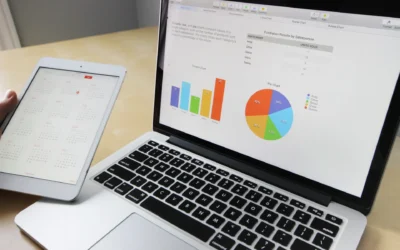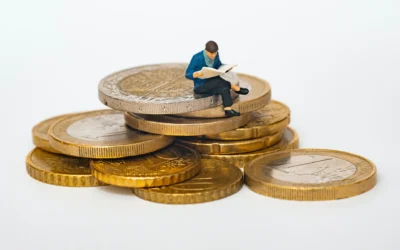Taking out a mortgage ties your finances for at least a decade or two. Most people come up with a budget to ensure they stay on track. If you plan to buy a house and are deciding on what type of mortgage to get, we suggest one with a 15-year period.
You might have to make high monthly payments, but you will save thousands of dollars. If you are wondering why not a 30-year mortgage, it’s because you will pay more in interest rate.
A 15-year mortgage only works if you follow the 30/30/3 Rule. If you apply for a bigger loan than what you can make in monthly payments, you will find yourself in debt. One of the biggest disadvantages of this mortgage is less affordability. If you borrow beyond your means, you won’t be able to save for your necessities.
The 30/30/3 Rule
This home-buying rule tells you to follow three things:
-
Do not spend more than 30% of your income on monthly payments
-
Save at least 30% of the home’s value in cash
-
Do not opt for a home that costs three times more than your annual income
The first rule that most people break is that they try to use most of their income to pay debts. For example, if your monthly income is $50,000 and you spend 40% ($20,000) on mortgage payments, you are still left with $30,000. However, if your monthly income is $5,000 and you spend 40% of it on debts, you are left with nothing. It’s important to budget for your basic needs first, such as groceries, bills, transport, etc., and savings, before setting aside money for the mortgage payments.
The higher your down payment, the less you will have to borrow, reducing your payments. It is recommended to save at least 20% for the down payments, as it will help you avoid PMI. As for the remaining 10%, use it when you get into financial trouble. The third and final rule takes into account your annual income. Here’s an example to help you understand it:
You make $120,000 yearly and have saved $100,000 in cash. After looking at open houses, you find the ONE, but it costs $850,000, which equates to seven times your annual income.
You make a budget and decide to put down 10%, leaving you with a mortgage of $765,000 and $15,000 in cash. Since you made a low-down payment, you get a mortgage rate of 3.75%. Your monthly payment is $3,543, which is 35.4% of your gross income. Add in the PMI, and you are spending 40% of your paycheck on the mortgage. You have now broken all three rules.
Let’s say you lose your job. You will be out of money in four months and might be able to stay afloat a couple of months more on government unemployment benefits. However, after that, you will probably have to declare bankruptcy.
In conclusion, taking on a 15-year mortgage makes sense only if you can afford the high monthly payments. It’s possible that based on your annual income, the lender might disagree with your loan terms. In this case, you might have to forgo your dream of buying a house in your desired neighborhood. Still, you shouldn’t think of this setback as a sign that you can’t be a homeowner. The other option is extending the repayment period to 30 years, giving you more choices.



